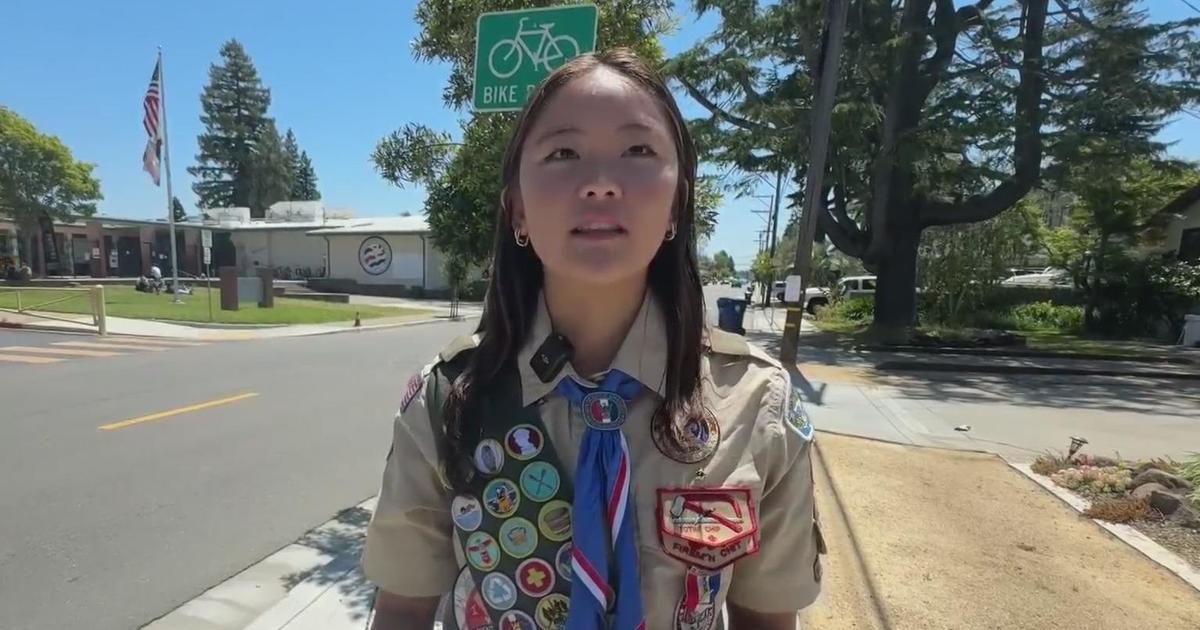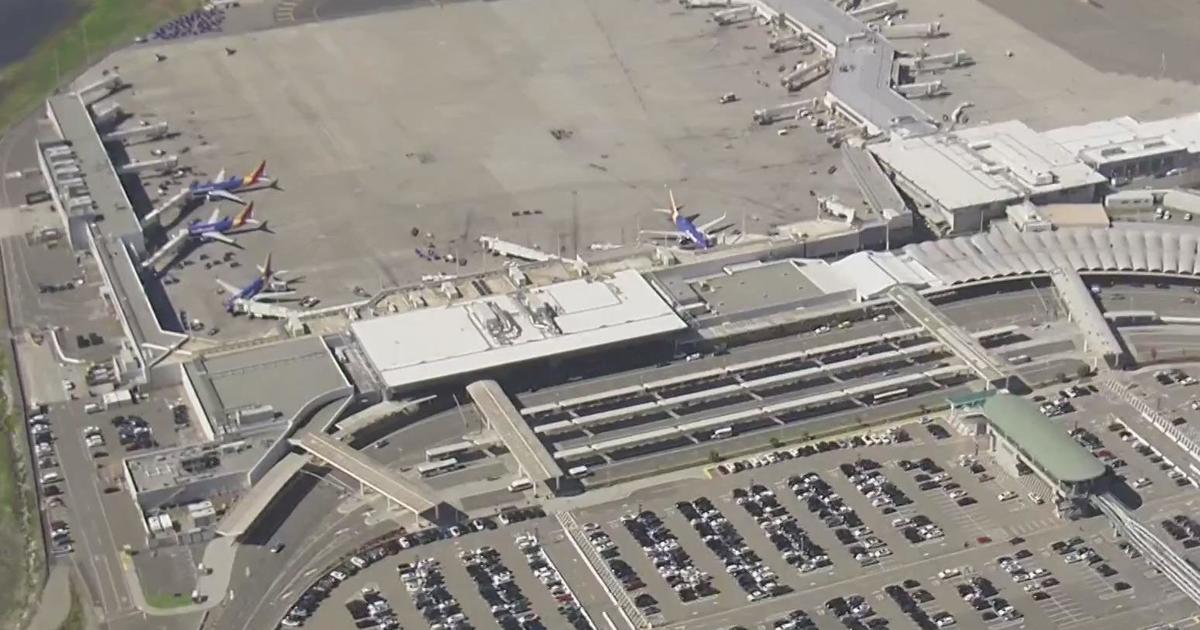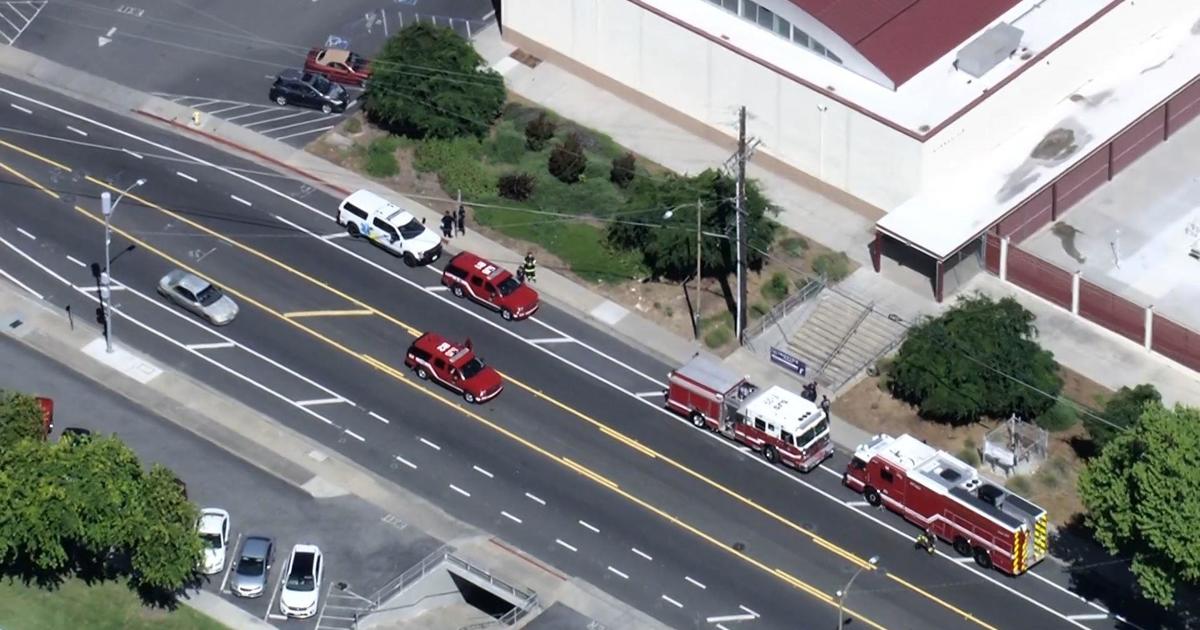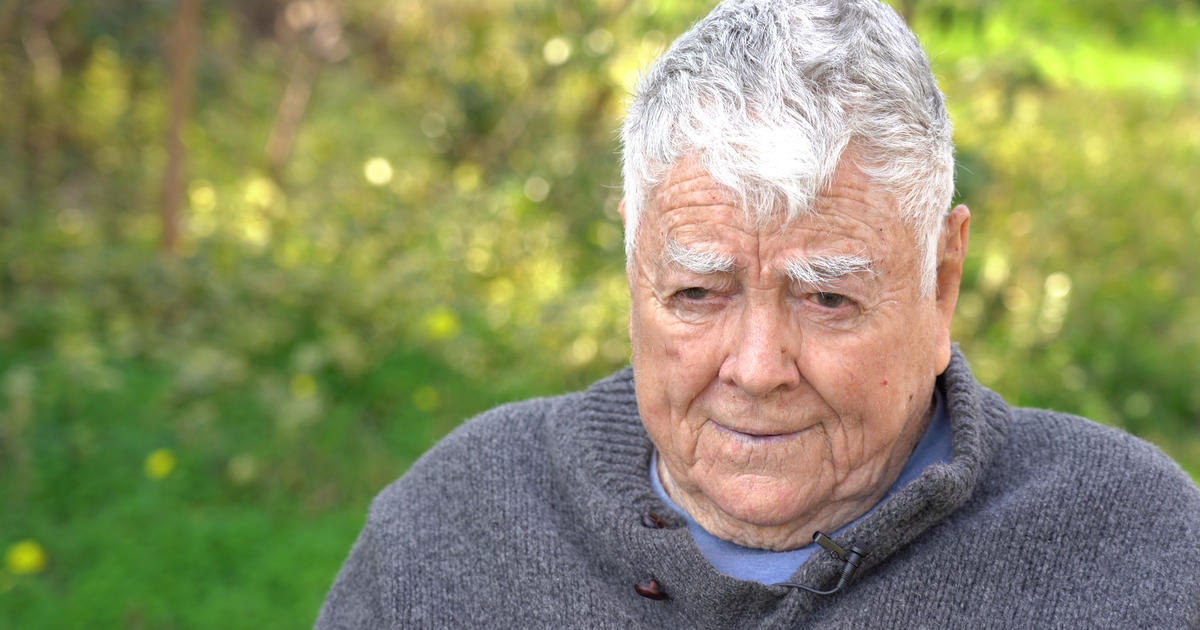Bay Area Health Experts Weigh In After FDA Advisers Back Pfizer COVID-19 Vaccine For Kids 5 To 11
WASHINGTON (CBS NEWS/KPIX) -- Pfizer's request to roll out COVID-19 vaccines for Americans as young as 5 years old cleared a key regulatory hurdle Tuesday, after a panel of the Food and Drug Administration's outside vaccine advisers voted by a majority to back Pfizer's request.
The vote paves the path for 28 million American kids to get vaccinated as early as next week.
"I'm hoping that this is kind of the final frontier of when we go back to normal life," said University of California San Francisco Prof. of Medicine Dr. Monica Gandhi. "It's kind of a ticket to normalcy."
The doctor and infectious disease expert said she plans to wait seven weeks between shots for her daughter, because the wait has proven to be more effective.
The FDA panel voted almost unanimously, after much debate, to recommend the Pfizer shot for the young age group. Only one dissented. Final approval is expected from the Centers for Disease Control as early as next week, and many states expect vaccines could be in the arms of children shortly after.
Gandhi, along with two other Bay Area doctors interviewed after the FDA's vote, said they understand why parents are hesitant about getting their young kids vaccinated against COVID, but also agree the risks of the virus outweigh the risks of the vaccine.
"Most people have said from the beginning of the pandemic that children don't get sick, they don't get infected or they don't spread, and those things are absolutely wrong," said pediatrician and Stanford Prof. of Global Health and Infectious Diseases Dr. Yvonne Maldonado. "We've had kids in our hospital who have been really sick, on ventilators, on life support, children who've died."
She said right now Lucile Packard Children's Hospital Stanford is partnering with local school districts to hold town halls to answer parents' questions.
Dr. Maldonado added the narrative of believing children are at low-risk of severe disease from the virus is one that needs to be changed with education. Even those on Tuesday's FDA panel, she said, believe in that narrative.
"I think that's a mistake; they're used to seeing hundreds of thousands of adults dying and so to them if a few hundred kids die it's not a big deal," said Maldonado. "It is a big deal, and so they say, 'Well, there's a low risk.' Well, if 500 children die of something that's preventable, that's unacceptable."
Bay Area county health departments are already preparing to receive doses. Marin County announced Tuesday it plans to vaccinate 15,000 children or 75% of the county's kids in the 5 to 11 age group, in the first month shots are available.
But the doctors KPIX interviewed said pediatricians will be key to making hesitant parents comfortable.
"Pediatricians are the most trusted members of the medical community to parents," said UC Berkeley Prof. and infectious disease public health expert Dr. John Swartzberg.
One of the concerns discussed Tuesday among the FDA panel was the risk of myocarditis, which is an inflammation of the heart muscle. The rare condition was seen in the age group 12 and above. Dr. Swartzberg said, however, myocarditis from COVID is more of a risk than getting the condition from the vaccine.
Experts said those who did get myocarditis in the older age group recovered and that the virus can also cause other heart problems; making it even more of a reason, the doctors said, to choose the vaccination over not being protected.
"I have an 11-year-old daughter in this age group," said Dr. Swartzberg. "I'm biting at the bit to get her vaccinated."
The vote is a crucial step towards vaccinations for younger children, but not the final word. If the FDA decides to formally authorize the vaccine, the Centers for Disease Control and Prevention must also weigh in and with its own recommendations before shots can be rolled out.
"I do think we need it as a tool in our armamentarium for high risk children, for equity issues, for parents who really would like to protect their children, and because of the long term, very profound implications of schools being disrupted," Dr. Mark Sawyer, one of the panel's members, said ahead of the vote.
Seventeen members of the committee voted in favor of authorizing the shots, and one abstained.
The decision follows a day-long meeting of the FDA's Vaccines and Related Biological Products Advisory Committee, which has grappled for months with how to balance the benefits of the vaccine for younger children against the potential risks of rare side effects.
Maria Cid Medina contributed to this report.



